Question And Answer
Publications
Articles, publications, books, tools and multimedia features from the U.S. Institute of Peace provide the latest news, analysis, research findings, practitioner guides and reports, all related to the conflict zones and issues that are at the center of the Institute’s work to prevent and reduce violent conflict.
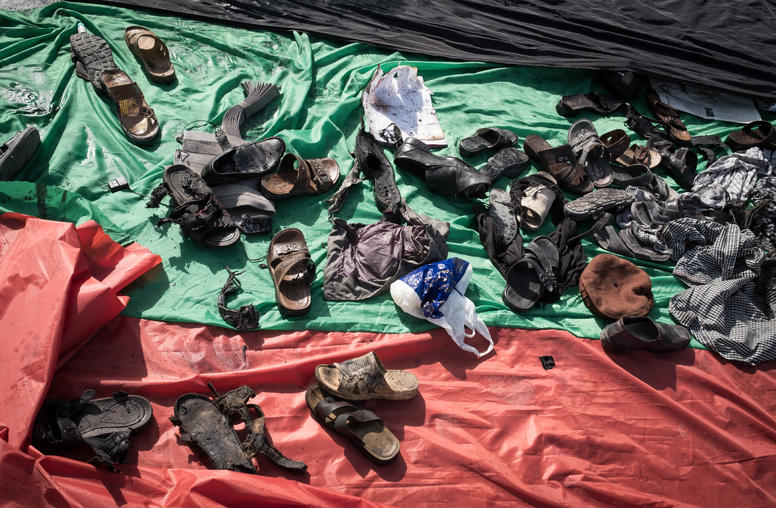
South Asia: Rising Extremism Opens Way for ISIS
Across South Asia, complex strains of extremism are opening the way for the Islamic State and destabilizing governments. From elements in the Afghan Taliban to the ascent of Hindu nationalism in India, extremists are drawing the region deeper into volatile internal and external conflicts, according to experts on religion and extremism speaking recently at the U.S. Institute of Peace. There are no quick ways to reverse the trend, they said. But steps that could slow radicalization include bolstering free speech, attacking terrorists’ financial networks and undermining the myth that a long-ago caliphate ruled over a perfect society.
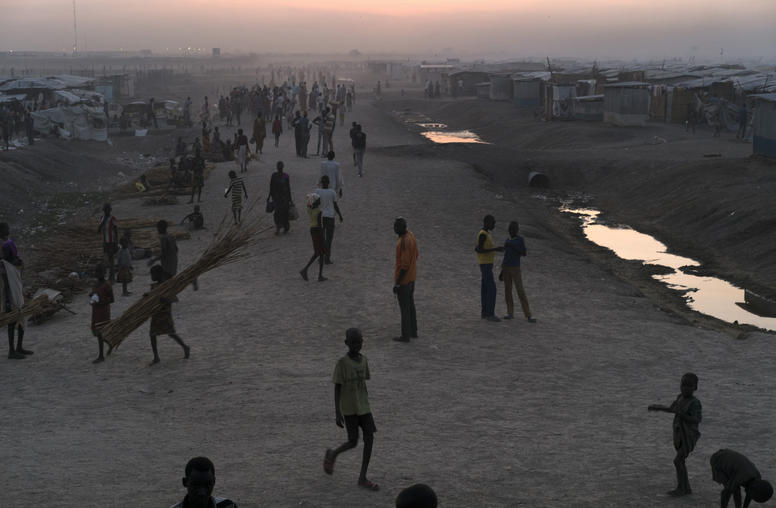
South Sudan Disaster Demands U.S. Attention, Coons Says
U.S. Senator Chris Coons, back from a recent trip to South Sudan, urged the Trump administration to make the conflict and humanitarian crisis in the African nation a priority. He also suggested that a special envoy might spur a peace process among the country’s warring factions.
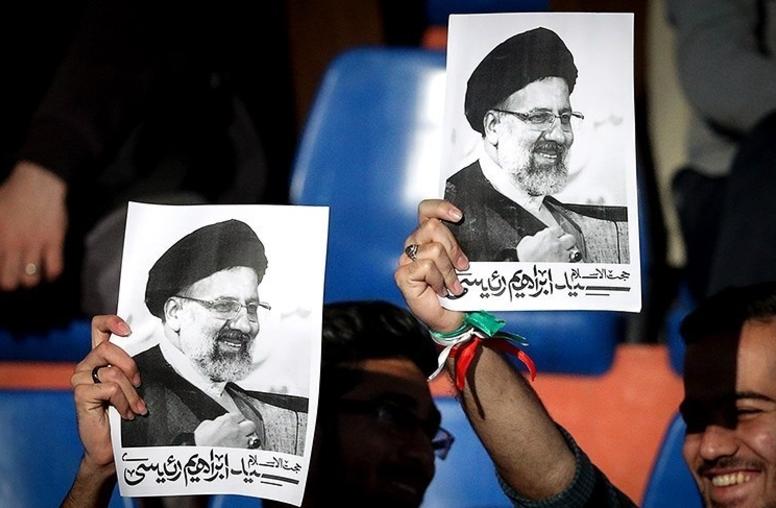
Q&A: Rouhani Faces Serious Test in Iran Election
Iranians head to the polls on May 19 to determine whether President Hassan Rouhani wins another four-year term, or is ousted or forced into a runoff by one of his challengers. The result has ramifications for relations with the U.S., as President Trump suggests a tougher line from Washington, and it will impact Iran’s actions in a Middle East roiled by wars in Syria, Iraq and Yemen. Rouhani has been more open to engaging with the West and improving relations with Iran’s Sunni neighbors in the Persian Gulf than his conservative critics.
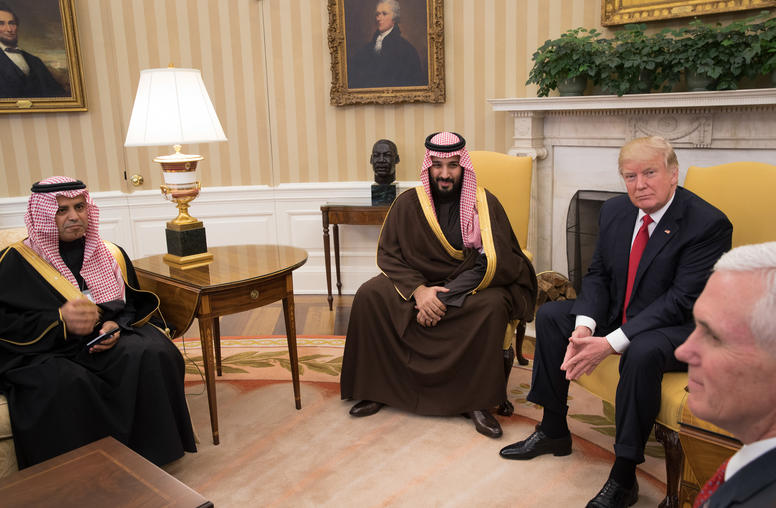
Trump Trip: Time to Dust off the Arab Peace Initiative?
President Trump’s upcoming summit with Saudi Arabia’s King Salman bin Abd Al-Aziz rounds out his meetings with the five most powerful friendly leaders in the region. The first four in Washington with the heads of state from Egypt, Jordan, Turkey and Israel all produced common themes: the campaign against ISIS and terrorism, the challenge of Iran, the turmoil of collapsing states in Syria and Yemen. But in the immediate background is the Israeli-Palestinian peace process which the president has said is a top priority for his administration.
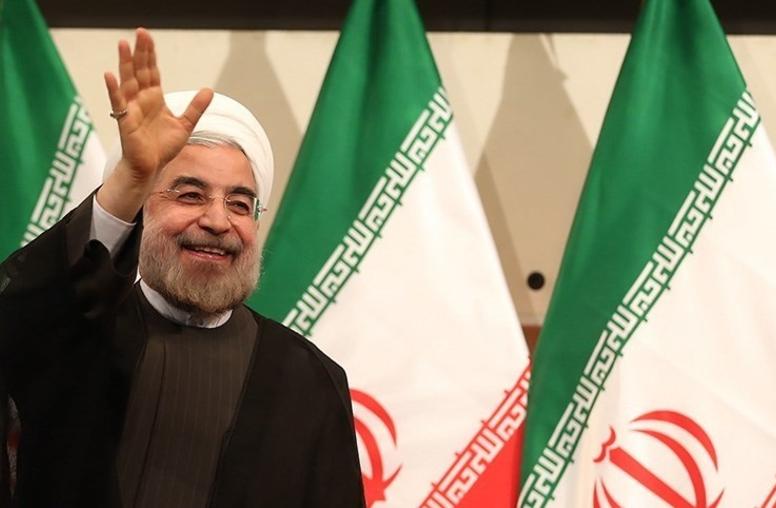
Rouhani’s Win in Iran May Not Ease Path on Promises
Iranian President Hassan Rouhani won a decisive victory for a second four-year term, with more than 41 million of 56.4 million eligible voters casting ballots, and 57 percent granting him their vote. But his platform of loosening political restrictions at home and greater engagement abroad will face challenges domestically and internationally.
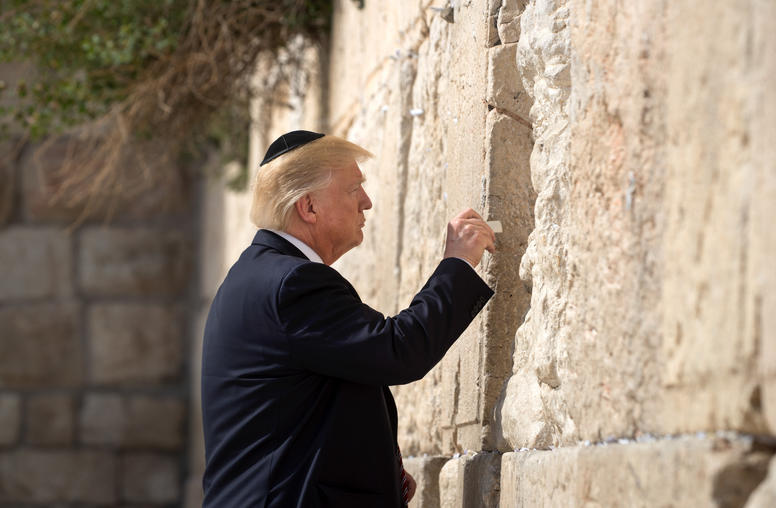
Trump Highlights Religion in Israeli-Palestinian Conflict
With the Israeli-Palestinian conflict a centerpiece of his first official trip abroad, President Donald Trump is staking out some delicate terrain. Unlike his predecessors, Trump has taken the risky step of highlighting the importance of religion to his policy goals with stops in Saudi Arabia, ...
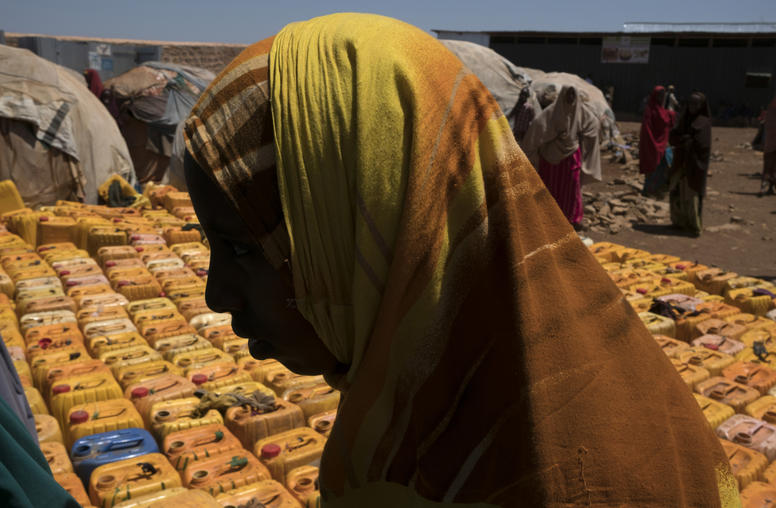
How Drought Escalates Rebel Killings of Civilians
The 2011 famine in Somalia, caused by a prolonged drought, killed an estimated 260,000 people. But this was more than a natural disaster. Amid the starvation, food shortages prompted rebels of al-Shabab, the armed group fighting Somalia’s government and spreading terror abroad, to attack local farmers to seize their food reserves, causing even more civilian deaths. It’s a pattern that plays out in rural regions across the developing world.
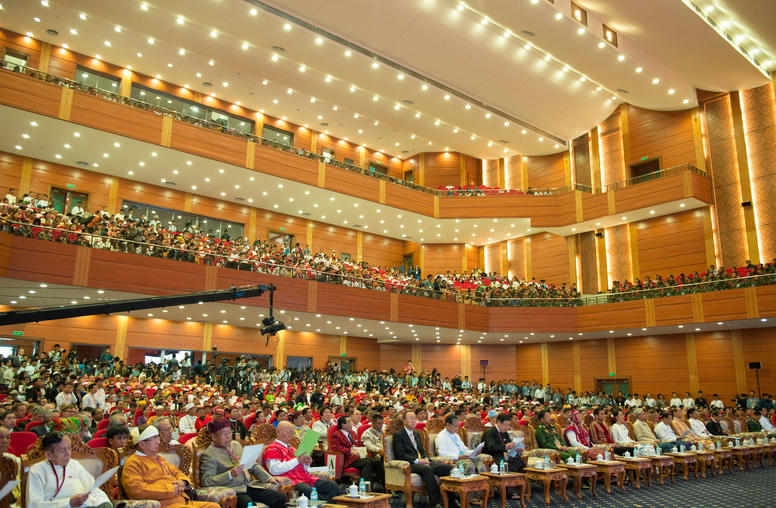
Q&A: What’s Next for Burma’s National Dialogue
Burma's national dialogue, stalled for months, advanced this week with the opening of the second round of the 21st Century Panglong Peace Conference in Naypyitaw, the capital. The five days of political talks focus on working out a federal system to resolve the country’s ethnic tensions.
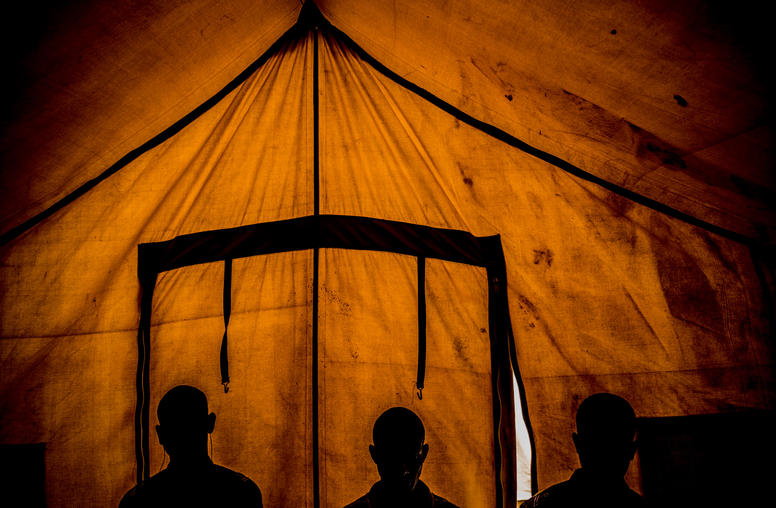
Defusing Violent Extremism in Fragile States
In Nigeria, a radio call-in show with local Islamic scholars provided an alternative to extremist propaganda. In Somalia, training youth in nonviolent advocacy for better governance produced a sharp drop in support for political violence. In the Lake Chad region, coordinating U.S. defense, development and diplomatic efforts helped push back Boko Haram and strengthened surrounding states. Such cases illustrate ways to close off the openings for extremism in fragile states, experts said in a discussion at the U.S. Institute of Peace.
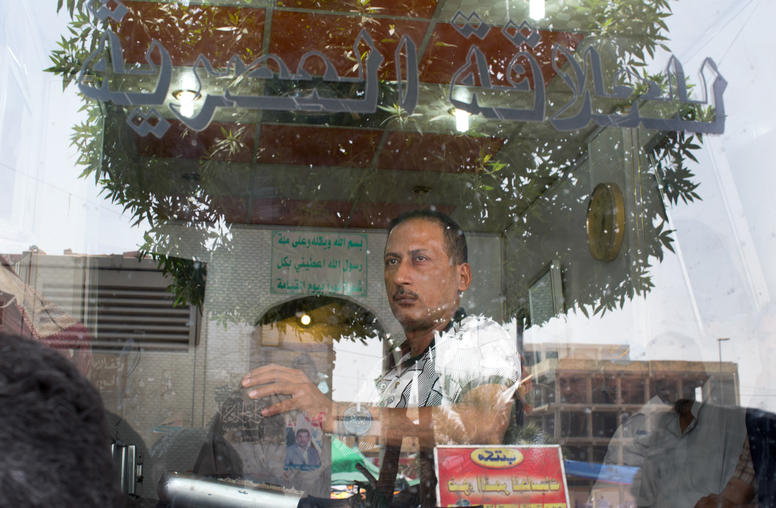
To Stabilize Iraq After ISIS, Try a Method That Worked
The farming region of Mahmoudiya, south of Baghdad, is divided by one of Iraq’s most turbulent fault lines of conflict, between the country’s Sunni and Shia tribes. A decade ago, this region of palm groves and irrigation canals was a violent al Qaeda stronghold known as the “Triangle of Death.” Yet for 2016, news reports and the United Nations’ accounting of nearly 7,000 or more civilian deaths across Iraq noted few attacks in this region, a reflection of its relative stability in recent years.